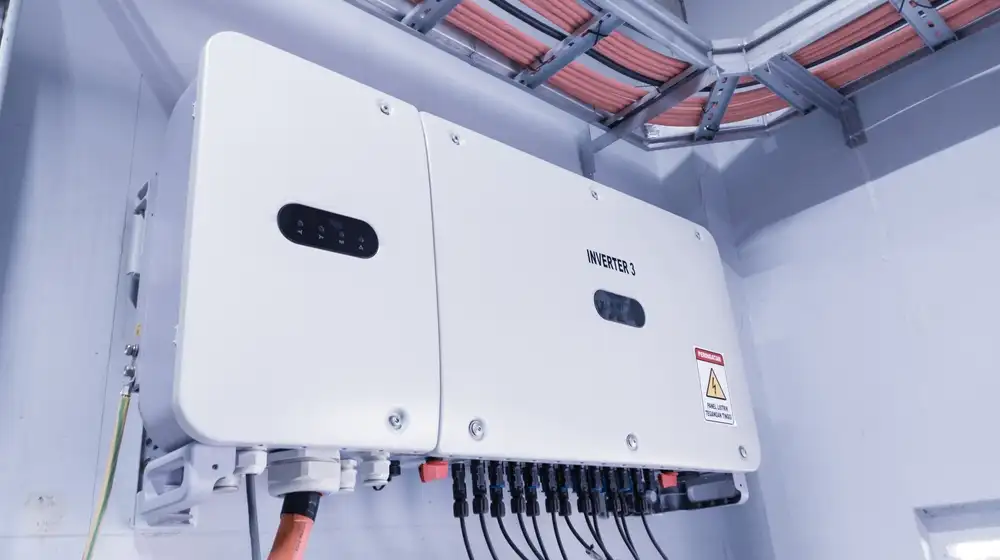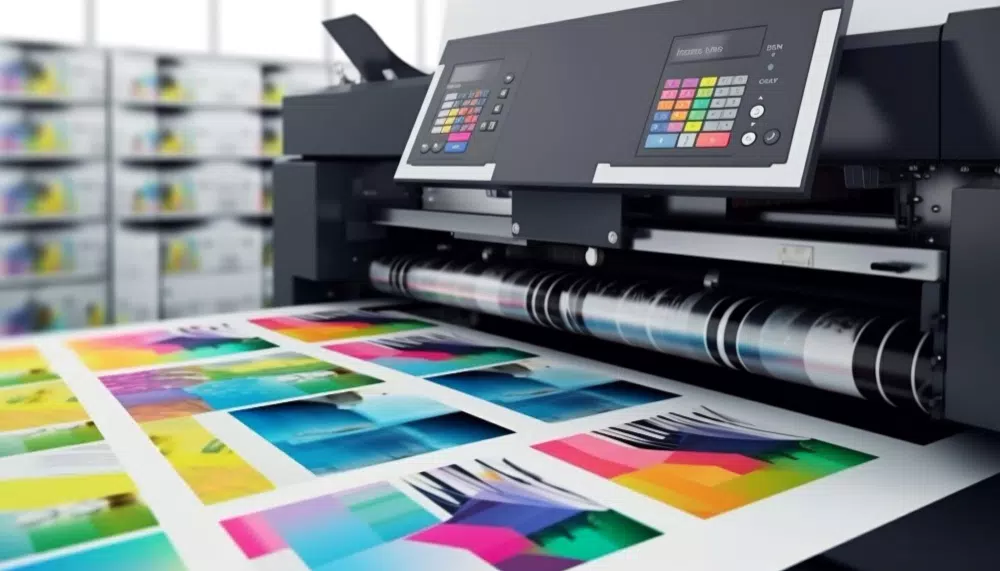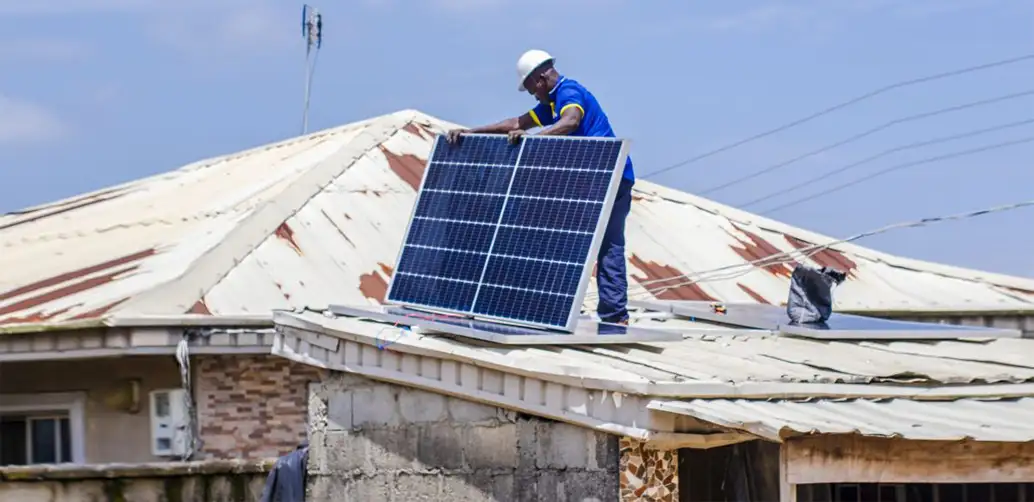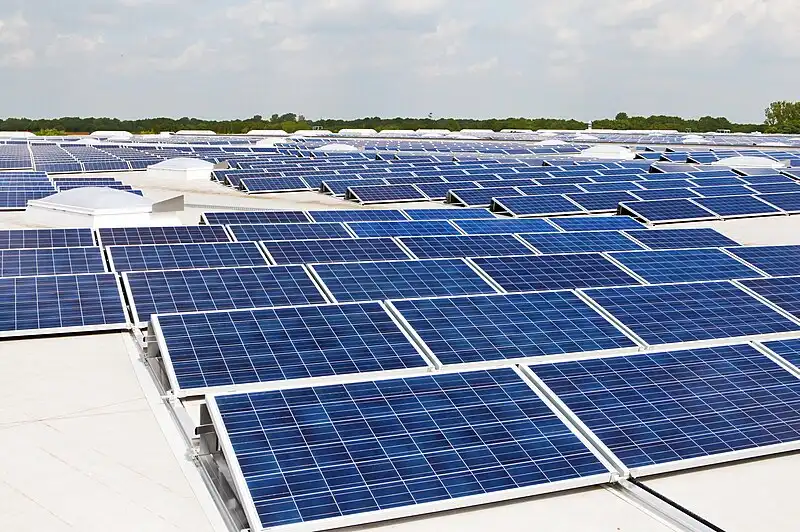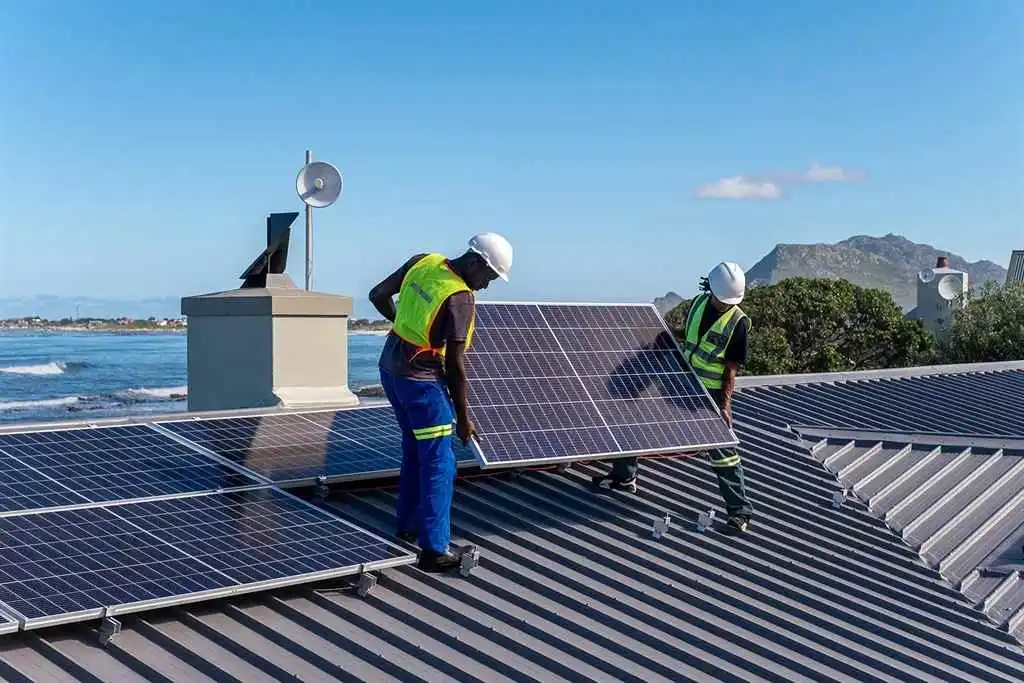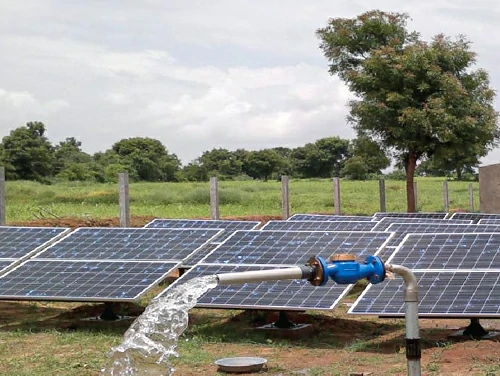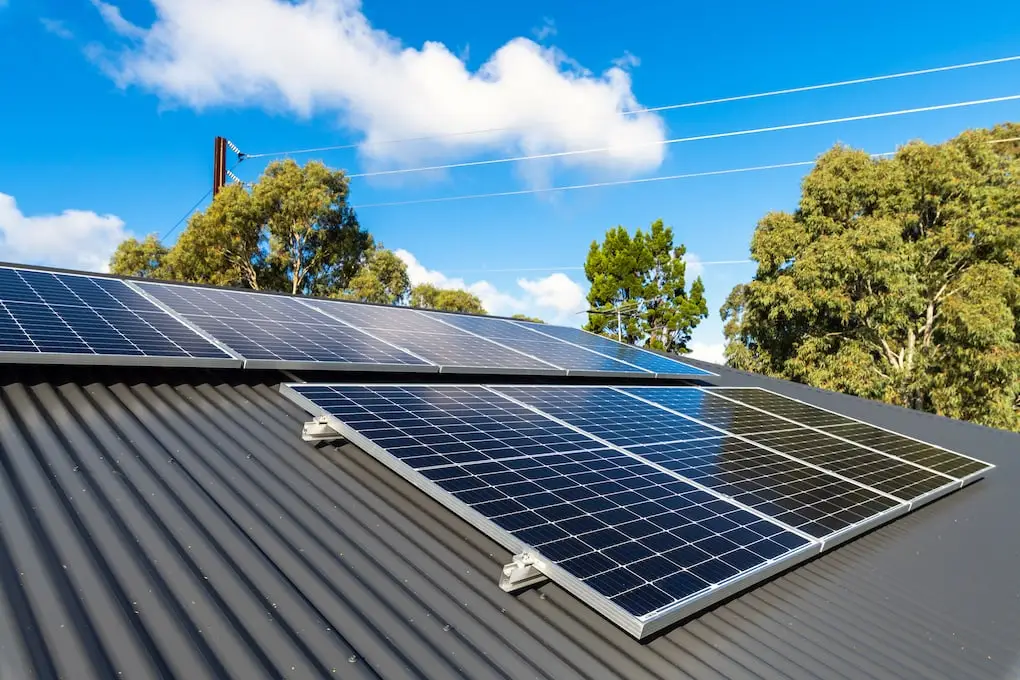10kva Inverter Price in Nigeria: Top Reviews
Powering Nigeria: Your Guide to 10kva Inverters Frequent power outages disrupting your home or business? This guide simplifies choosing the right 10kva inverter in Nigeria. We’ll explore seven top models, comparing features, pricing, and value to help you make an informed purchase. Learn about key aspects like pure sine wave output, battery compatibility, and solar integration. Find the perfect power solution to meet your needs and budget. Plus, discover Solar Energy Supply Stores, Nigeria’s leading online marketplace for solar products, to find the best deals. Current 10kVA Inverter Price in Nigeria (2025) Here’s a quick overview of popular brands and their price ranges: Brand Model/Type Price Range (₦) Remarks Luminous 10kVA 180V Pure Sine Wave ₦1,400,000 – ₦1,700,000 Reliable for home and office Prag 10kVA 180V Industrial Inverter ₦1,500,000 – ₦1,900,000 Durable & heavy-duty Growatt 10kVA Hybrid Inverter (Solar + Grid) ₦1,600,000 – ₦2,000,000 Solar-ready hybrid option Victron Energy 10kVA MultiPlus-II Inverter ₦2,500,000 – ₦3,200,000 Premium European brand Felicity Solar 10kVA Off-Grid Solar Inverter ₦1,300,000 – ₦1,600,000 Affordable solar inverter Blue Carbon 10kVA Lithium Hybrid Inverter ₦1,700,000 – ₦2,200,000 With smart lithium battery Sukam 10kVA Colossal Series ₦1,400,000 – ₦1,800,000 Strong market presence Important: Prices may vary based on exchange rates, battery bundle inclusion, and installation services. Always verify the latest prices from official distributors. Looking to compare more solar inverter brands options? Read our guide on the solar Inverter price in Nigeria to explore the prices of top-performing solar inverter brands. 1. NEXUS 10KVA Pure Sine Wave Inverter The NEXUS 10KVA Pure Sine Wave Inverter is a robust power solution suitable for Nigerian homes and businesses facing frequent power outages. Its high capacity makes it capable of powering multiple appliances simultaneously, including demanding ones like air conditioners, refrigerators, and office equipment. This makes it a practical choice for ensuring continuous operation during extended blackouts, a common challenge in Nigeria. Imagine running your small business uninterrupted or keeping your family comfortable even when the grid fails – this inverter aims to deliver that peace of mind. It’s designed to provide a stable, pure sine wave output, crucial for protecting sensitive electronics like computers and televisions from damage caused by power fluctuations. This inverter’s built-in intelligent battery charger optimizes battery performance and lifespan, an important consideration given the frequent charging cycles necessitated by Nigeria’s power situation. The LCD display provides real-time monitoring of system parameters like battery voltage, load, and input voltage, empowering users with essential information for efficient power management. Furthermore, multiple protection systems against overload, short circuits, and over-temperature ensure the safety and longevity of the inverter and connected appliances. The automatic voltage regulation (AVR) feature safeguards against voltage fluctuations, providing consistent power output. The NEXUS 10KVA typically costs between ₦950,000 and ₦1,200,000 in Nigeria, depending on the vendor and specific features included. This is a significant investment, but the reliability and capacity it offers justify the price for users requiring a high-power backup solution. While other 10KVA inverters are available in the Nigerian market, the NEXUS often stands out due to its reported reliable performance and good after-sales support within the country. For further information on available listings you can Learn more about NEXUS 10KVA Pure Sine Wave Inverter. You can also check the official website for detailed specifications: Pros: Cons: Implementation Tips: This inverter earns its place on this list because of its robust power delivery, advanced features, and suitability for the demanding power backup needs of Nigerian consumers and businesses. While the initial cost is high, its reliability and performance offer long-term value in a context where reliable power is often at a premium. 2. Luminous 10KVA Cruze+ Inverter The Luminous 10KVA Cruze+ Inverter is a heavy-duty power solution designed to tackle Nigeria’s frequent power outages. Its robust build and advanced features make it a popular choice for homes, businesses, and even small-scale industries. This inverter offers a reliable power backup for running essential appliances like refrigerators, air conditioners, pumps, lighting, and office equipment during extended power cuts. Its DSP-controlled technology ensures efficient power conversion and minimizes energy loss, translating to lower electricity bills. With its multiple charging options, you can charge it via the national grid, a generator, or even solar panels, offering flexibility and cost savings in the long run. This makes it particularly appealing for Nigerian consumers facing rising energy costs. Furthermore, the Cruze+ is built to withstand voltage fluctuations, a common occurrence in the Nigerian power grid, ensuring the safety of your connected appliances. The Luminous 10KVA Cruze+ comes equipped with a comprehensive LCD display that provides real-time system monitoring, displaying vital information like battery charge level, input voltage, and output load. This allows for easy monitoring and proactive maintenance. Its intelligent battery management system optimizes battery performance and prolongs its lifespan. Expect to find the Luminous 10KVA Cruze+ Inverter within a price range of ₦800,000 to ₦1,100,000 in Nigeria, depending on the vendor and specific configurations. This positions it as a mid-to-high-range inverter, justifying its robust features and performance. For those interested in exploring further details and specifications, learn more about Luminous 10KVA Cruze+ Inverter. While the official Luminous website (https://www.luminousindia.com/) provides general product information, it is crucial to consult local distributors for Nigeria-specific pricing and availability. Features & Benefits: Pros: Cons: Implementation Tip: When installing the Luminous 10KVA Cruze+ Inverter, ensure you consult a qualified electrician for proper wiring and grounding. Using appropriately sized cables and a dedicated circuit breaker is crucial for safety and optimal performance. Additionally, consider investing in a surge protector to further safeguard your connected appliances from voltage spikes. 3. Sukam 10KVA Falcon+ Inverter The Sukam 10KVA Falcon+ Inverter is a robust power solution designed for Nigerian homes and businesses with substantial energy demands. Its ability to seamlessly integrate with solar power systems makes it a particularly attractive option in a country increasingly looking towards renewable energy. This heavy-duty inverter offers a reliable backup power source capable of handling a wide range of appliances, from refrigerators and air conditioners to office equipment and industrial machinery. Practical Applications: Pricing



